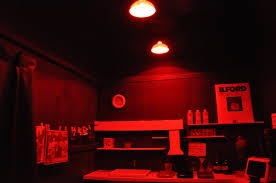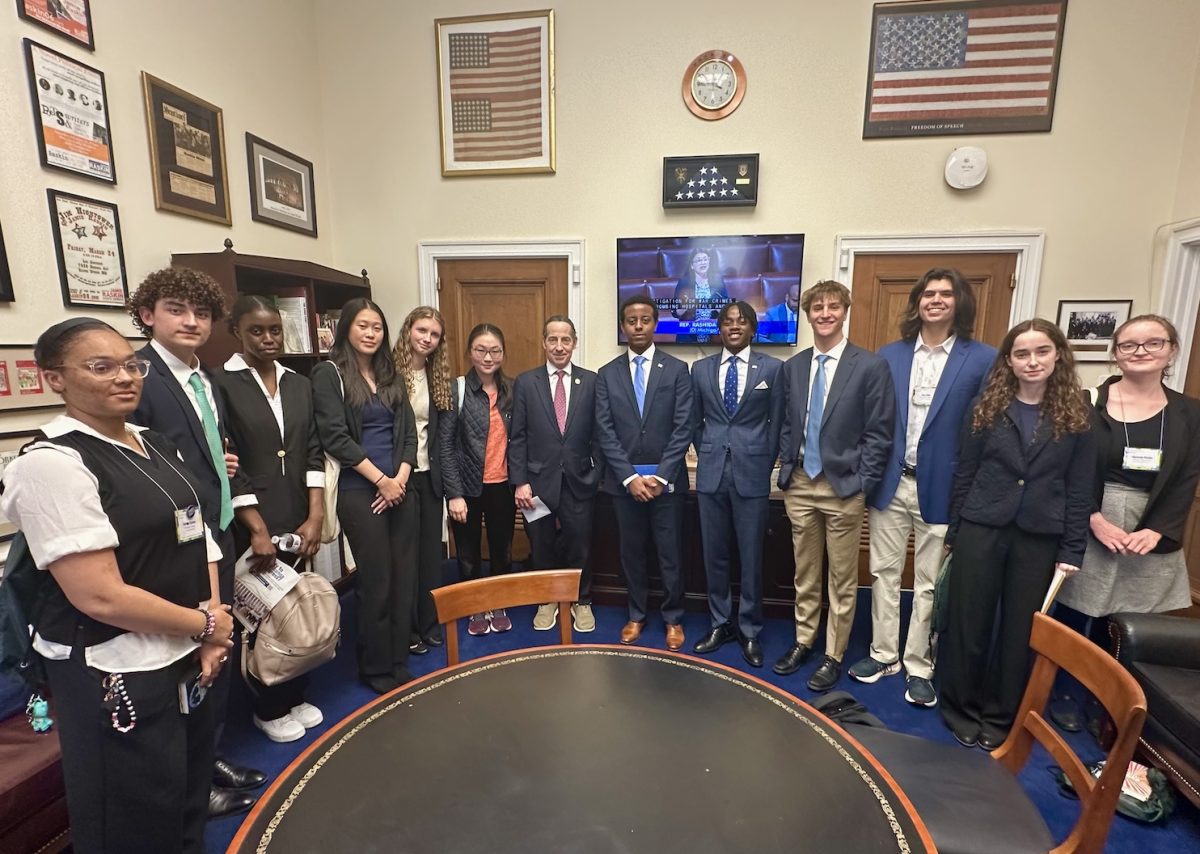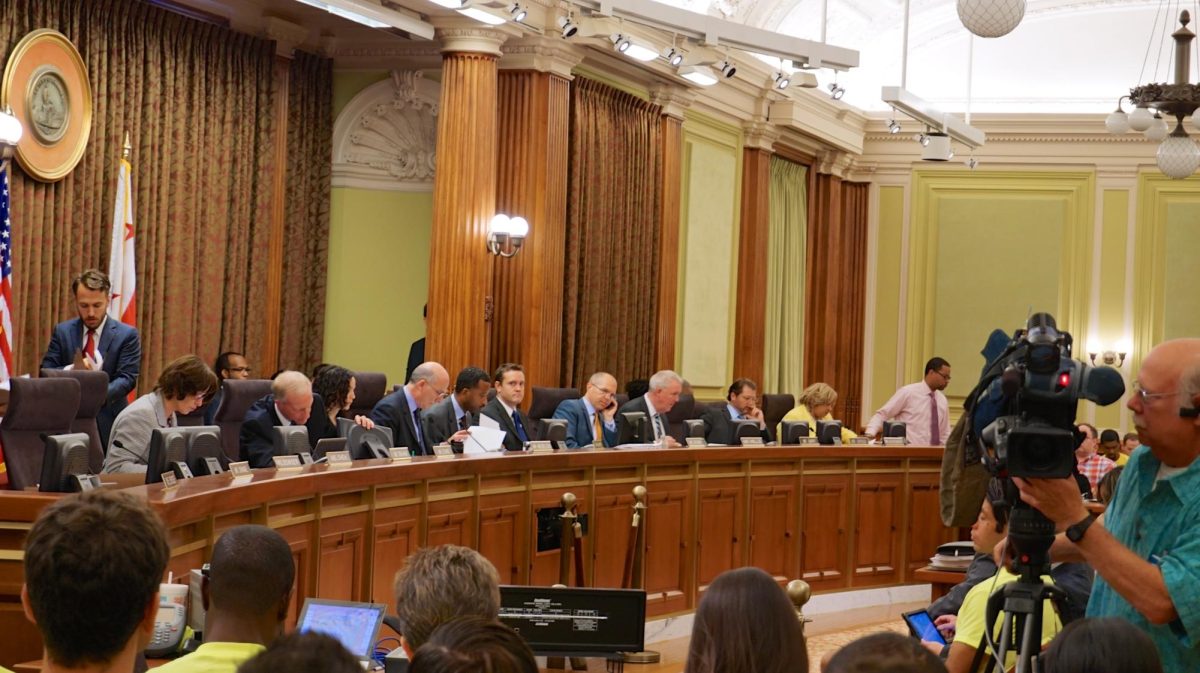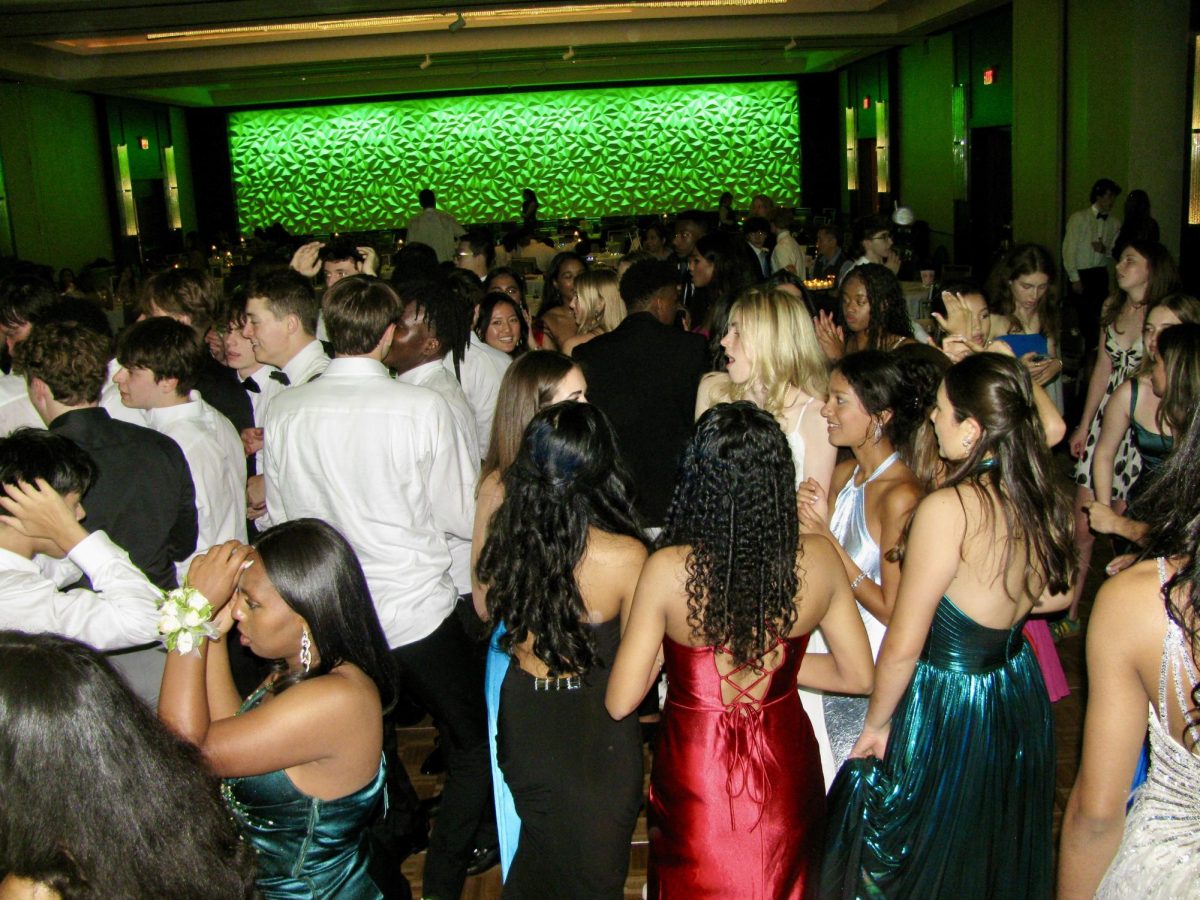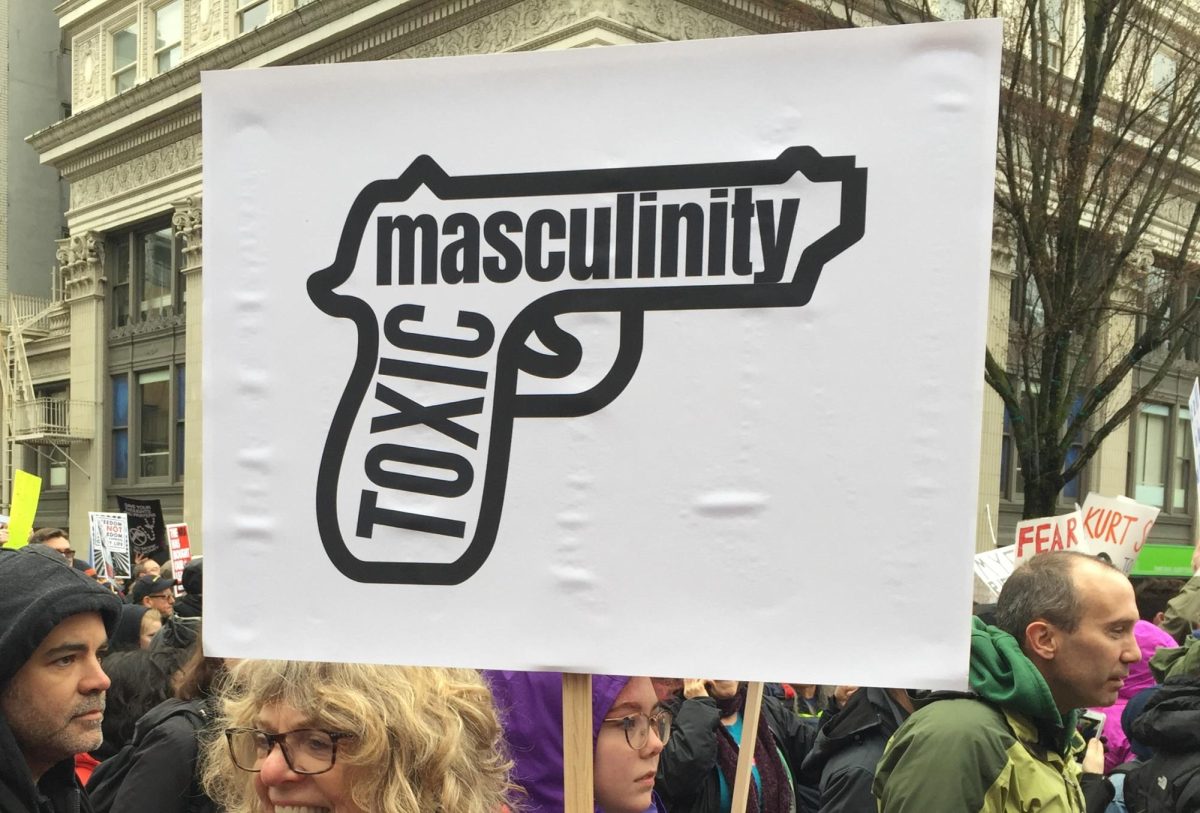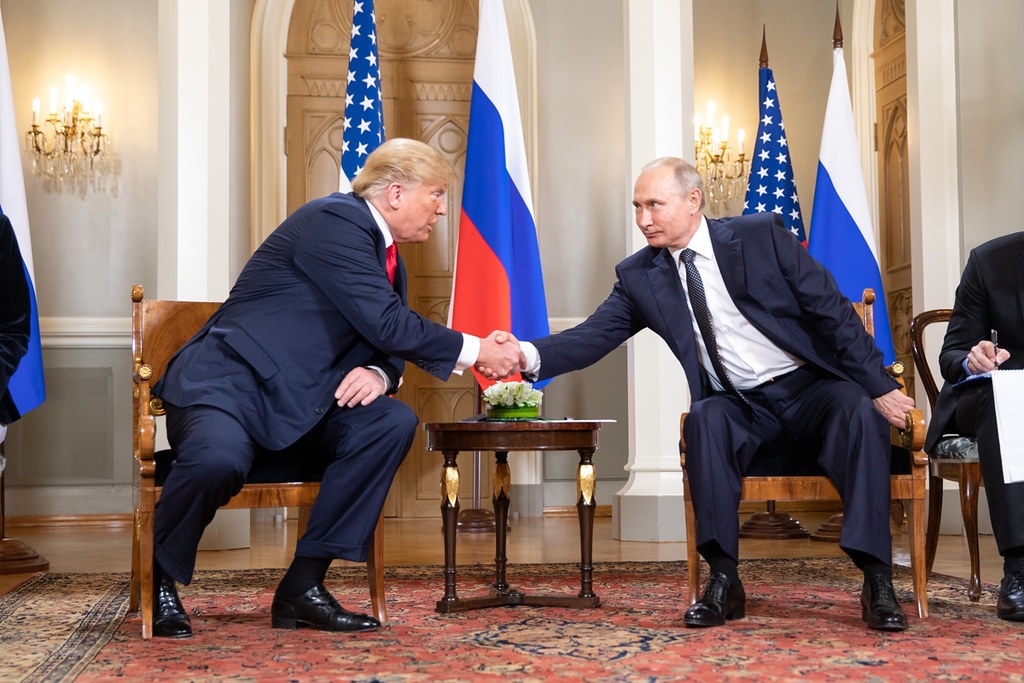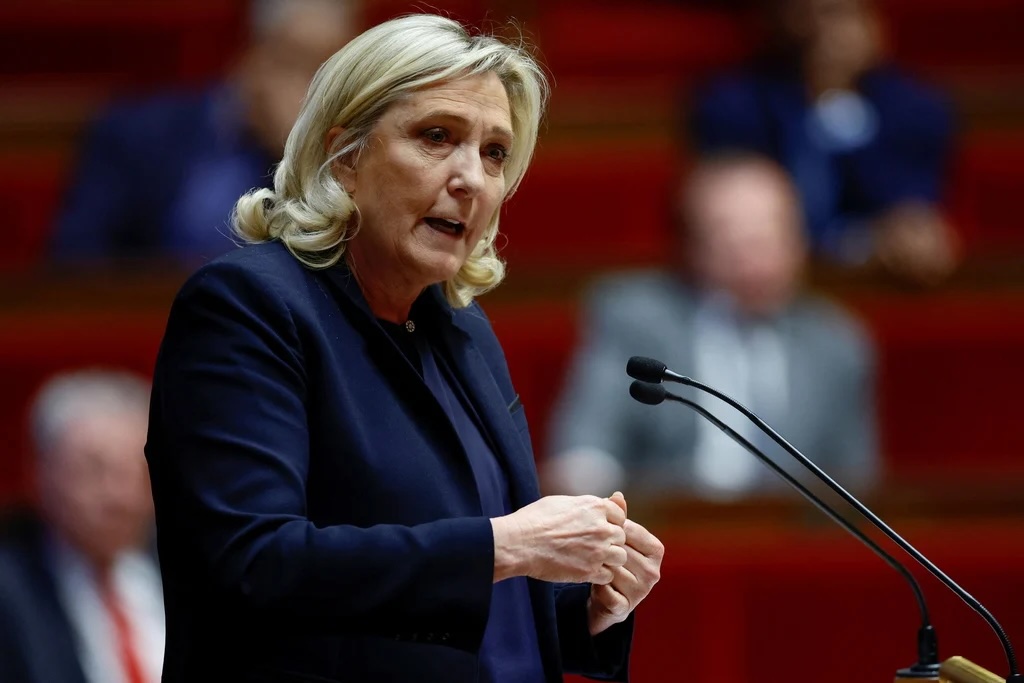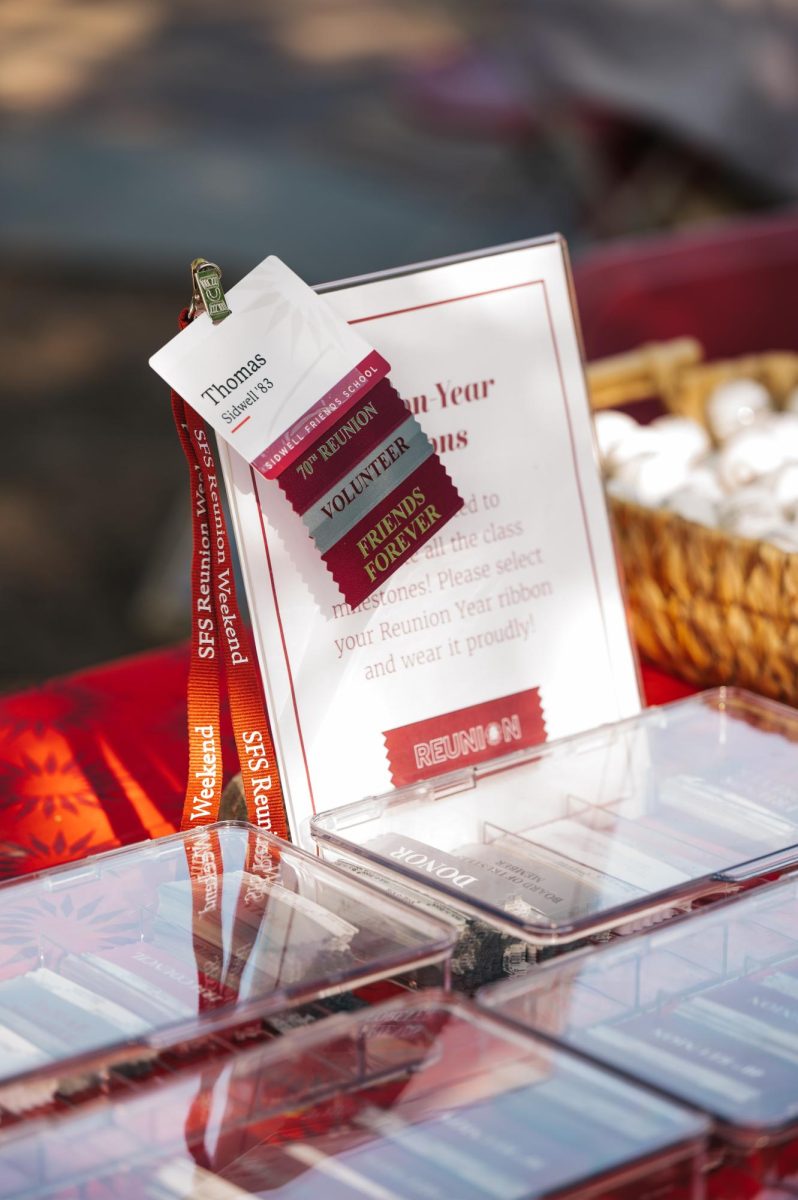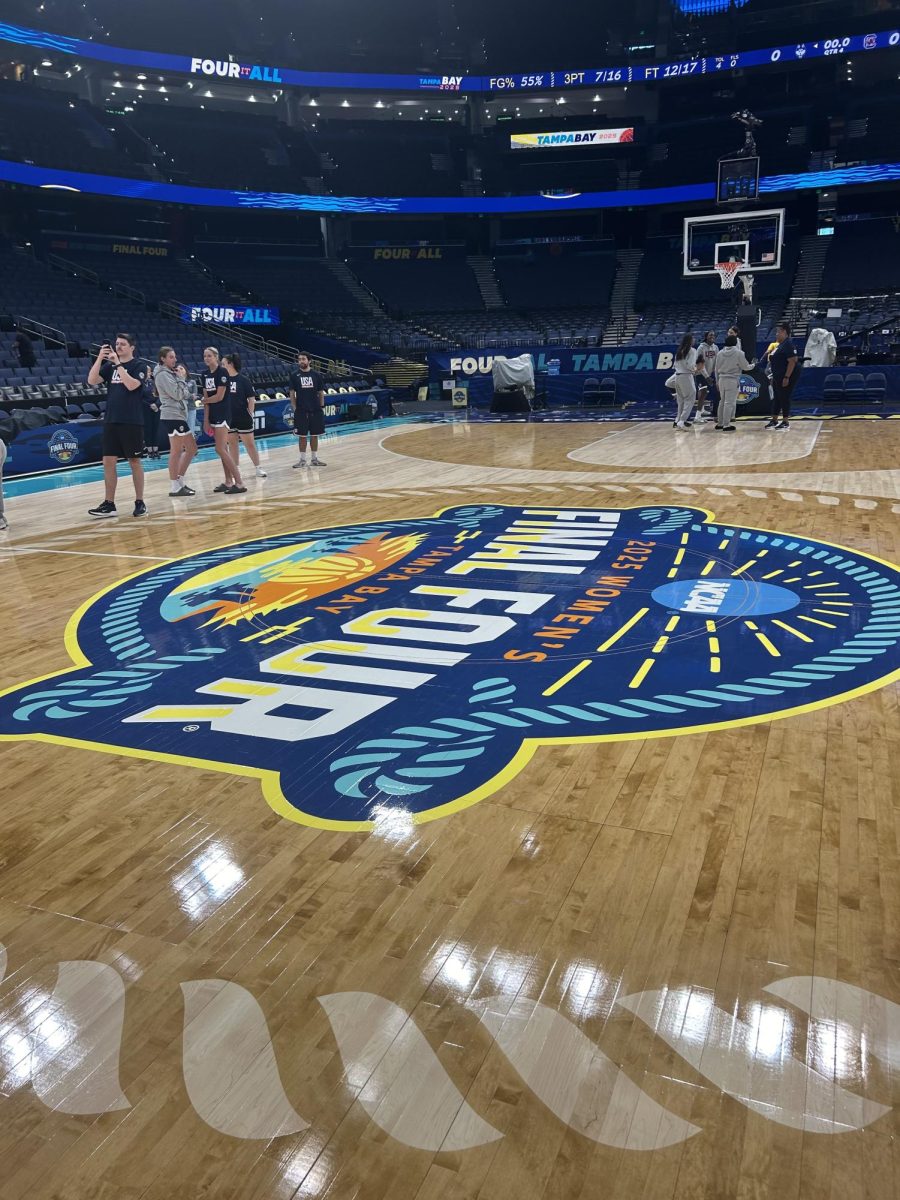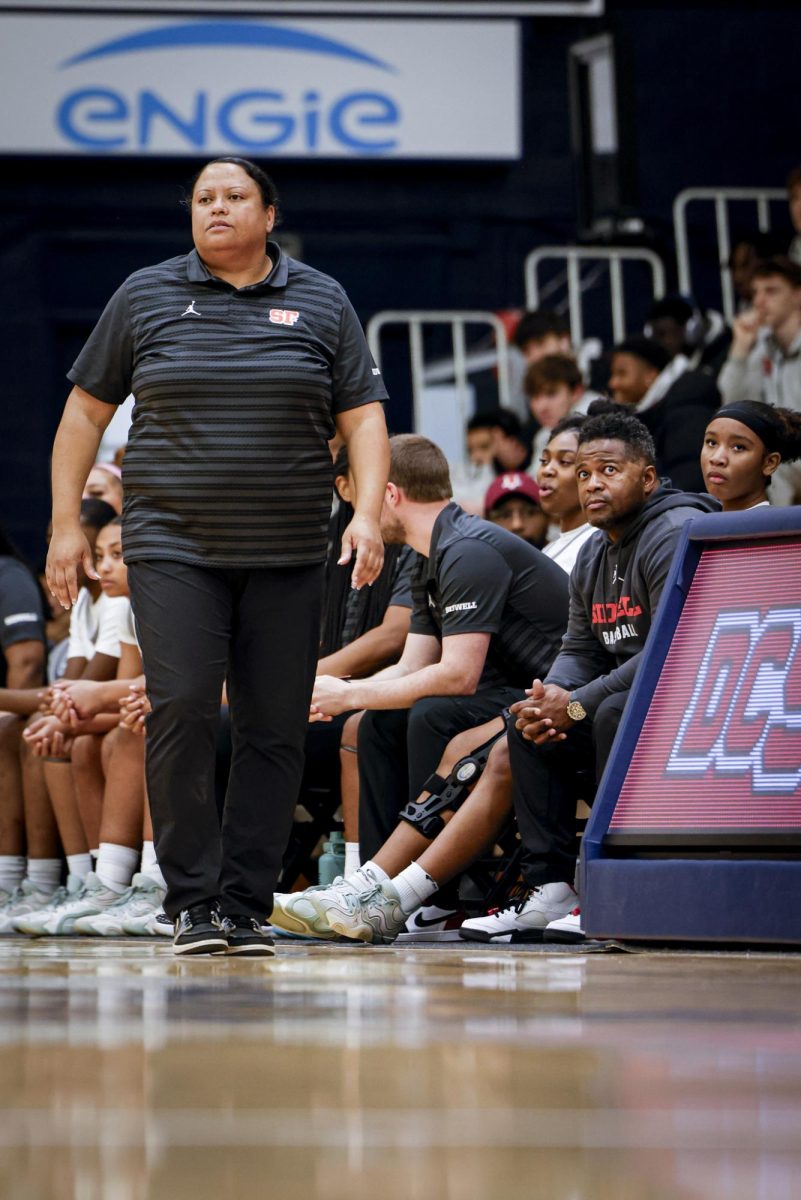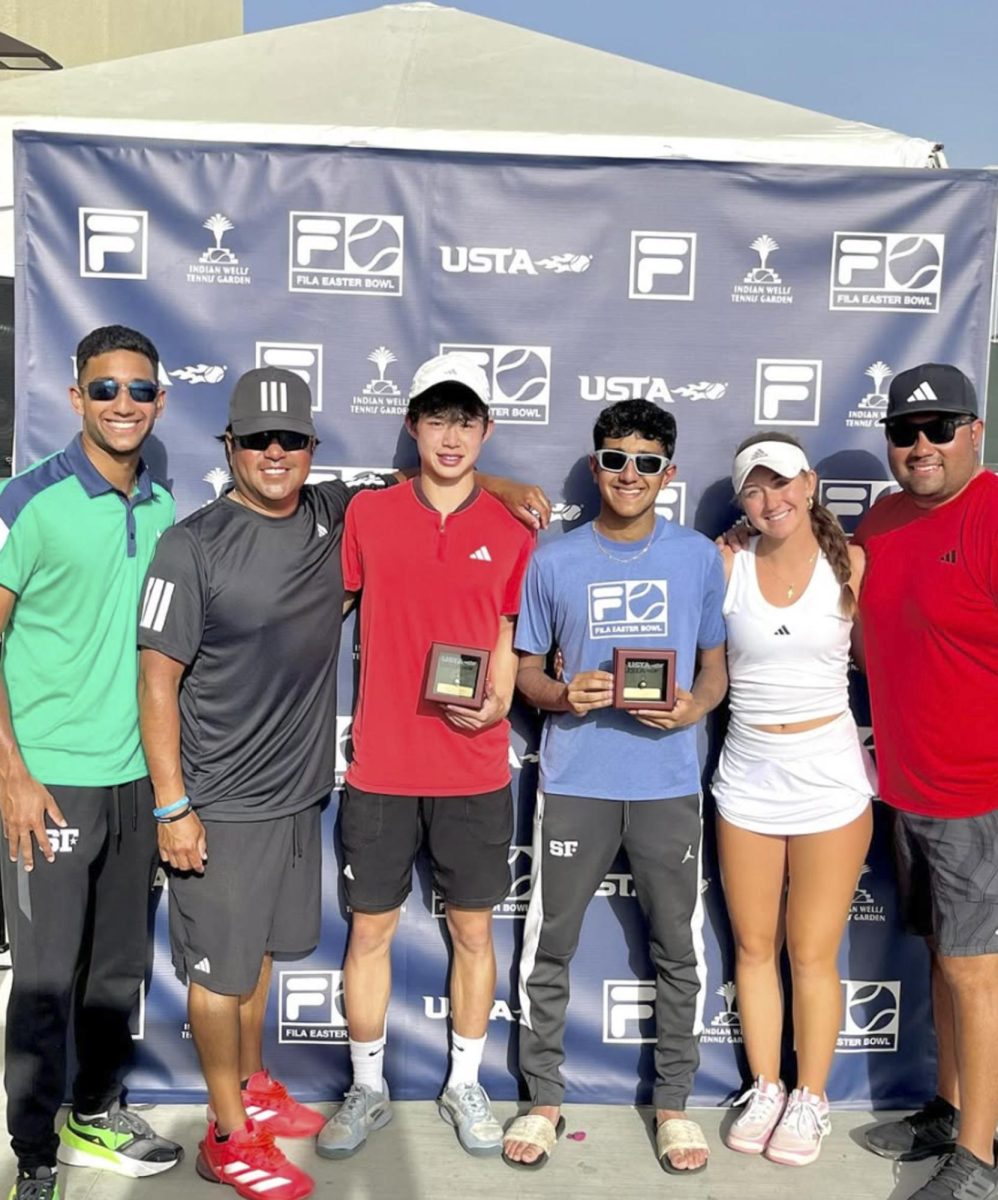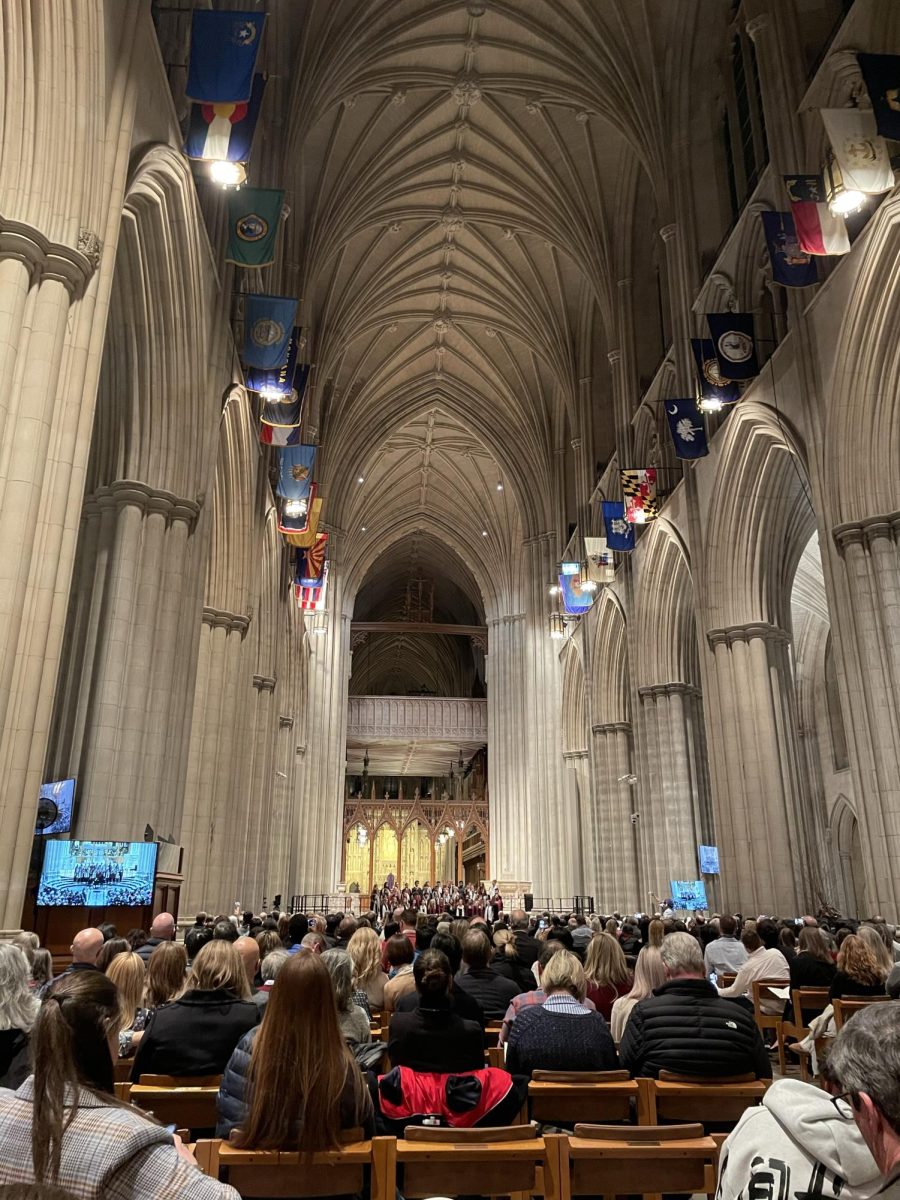On July 13, a gunman opened fire at a Donald Trump rally in Butler, Pa., injuring former President Trump. Trump suffered a wound to his right ear, while two other rally-goers sustained critical injuries. One attendee, a 50-year-old firefighter named Corey Comperatore, died while shielding his two daughters from gunfire.
Democratic and Republican leadership alike condemned the shooting. “There’s no place for this kind of violence in America. We must unite as one nation to condemn it,” President Joe Biden said in a White House statement. Biden later spoke to the nation in a primetime Oval Office address, and his campaign paused TV ads for 24 hours after the incident.
The gunman, Thomas Matthew Crooks, was shot and killed by Secret Service snipers. It is not clear if the shooting was politically motivated in any way or simply a random act of violence. Crooks is a registered Republican, though he made a $15 donation to a progressive organization in 2021.
According to leaked text messages between Secret Service agents, Crooks was flagged as suspicious while surveying the surrounding area. The agents lost track of Crooks, and he was able to scale a nearby building, where he eventually fired shots at Trump.
It remains unknown what motivated Crooks. His phone records revealed no membership with a terrorist organization or strong political views. However, Crooks had searched for details on both Trump and Biden, among other political figures. He also researched the details of other Trump rallies and the dates for the Democratic National Convention in Chicago.
Freshman Alexander Speece was shocked that someone would carry through with an assassination plan.
“It was disturbing that someone would be that motivated and be able to get to the point of shooting at a former president and current presidential candidate,” he said. “I was also surprised by how people’s reactions varied. Some used the assassination attempt to bolster support for Mr. Trump, while others practically supported the act of political violence.”
Senior Caroline Bailen expressed concern about how the assassination attempt elevated Trump’s image among his supporters.
“The assassination attempt galvanized the Trump base. In their minds, it made their nominee look like a hero,” she said. “It emboldened and intensified the claims that Trump was both their individual savior and the savior for the country.”
Trump appeared at the Republican National Convention in Milwaukee just days after being shot. He wore a white bandage patch over his right ear and gave a speech on the final night of the event, where he recounted the story of the shooting and made a 10-minute pitch for unity before returning to darker themes.
Congressional lawmakers asked Secret Service Director Kimberly Cheatle to testify in front of the House Oversight Committee regarding the attempted assassination and the Secret Service’s response to the event. Concerned Democrats and enraged Republicans grilled Cheatle alike, with one Republican congresswoman going so far as to proclaim that the director was “full of shit.” Shortly after the heated hearing, Cheatle tendered her resignation.
Since the shooting, Trump has appeared at fewer and smaller campaign events, with the majority being indoors with increased Secret Service.
A source close to the Trump campaign claimed that the shooting rattled the former president and, in an interview with Vanity Fair, suggested he may have PTSD.
“He’s been watching that seven-second clip of how close he was to getting shot right in the head — over and over and over again,” they said.






